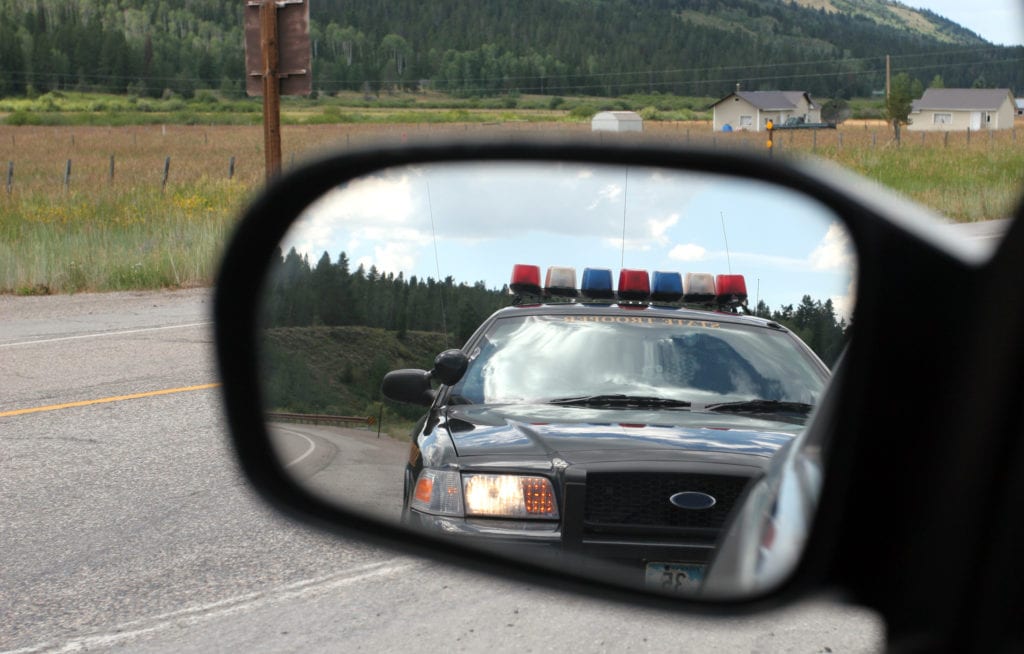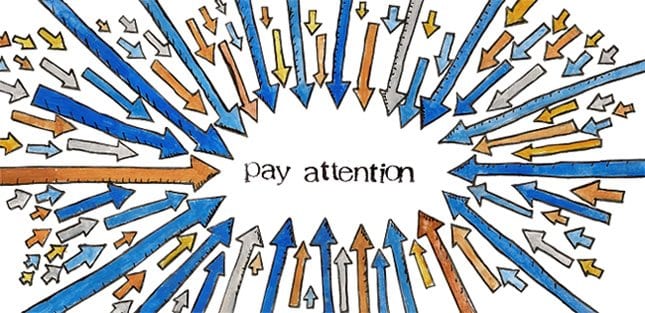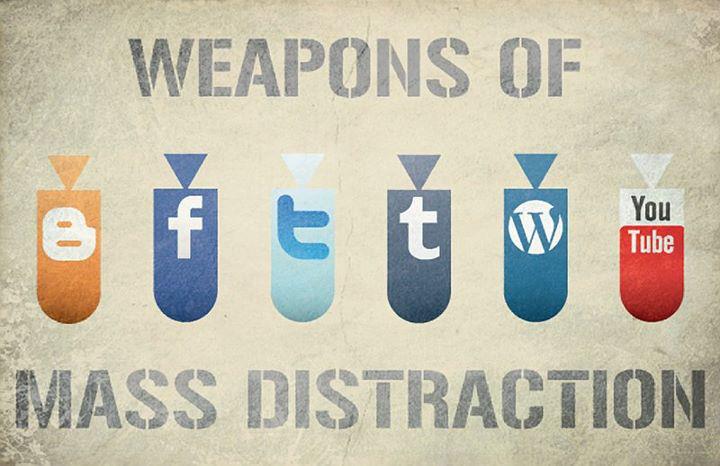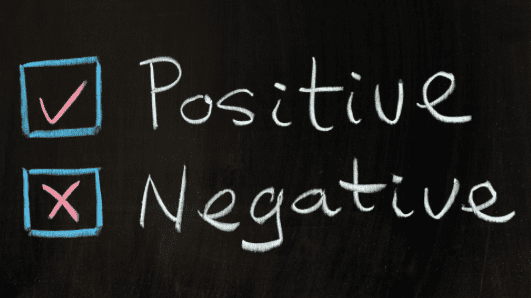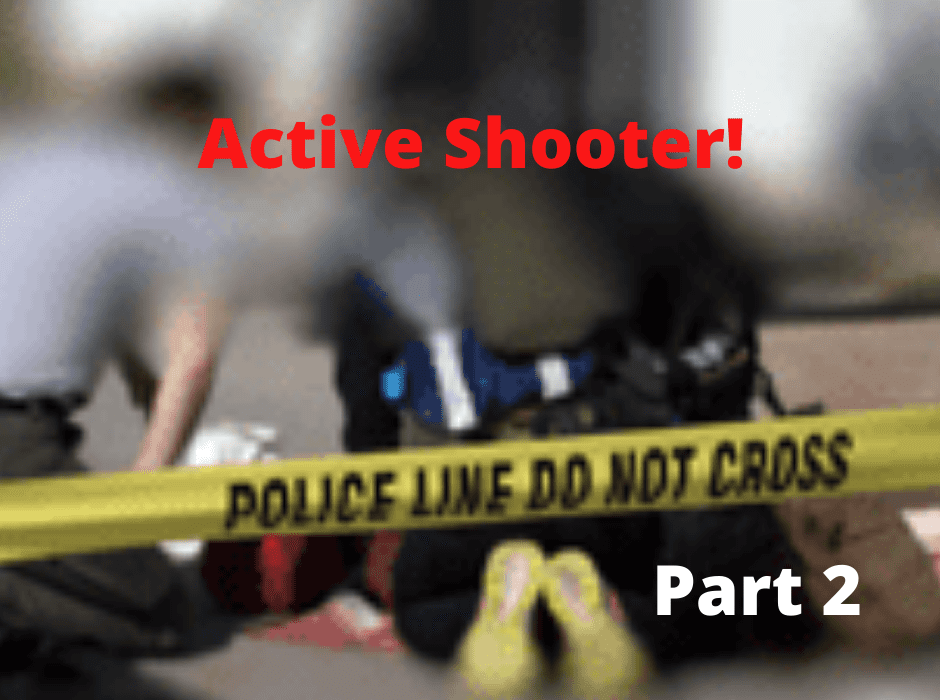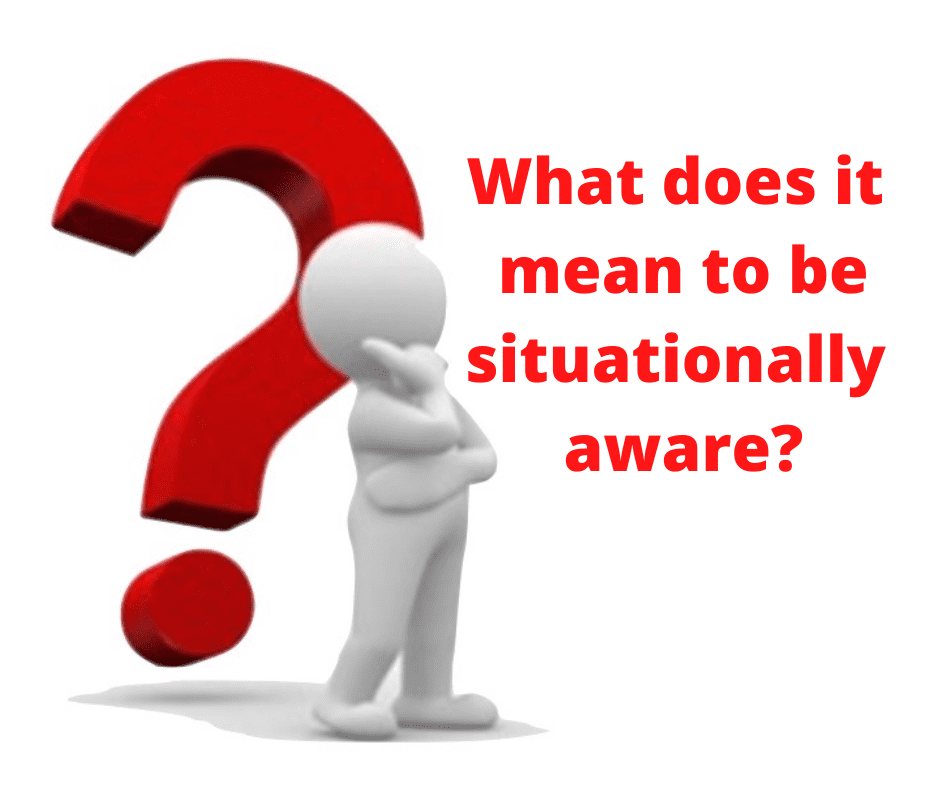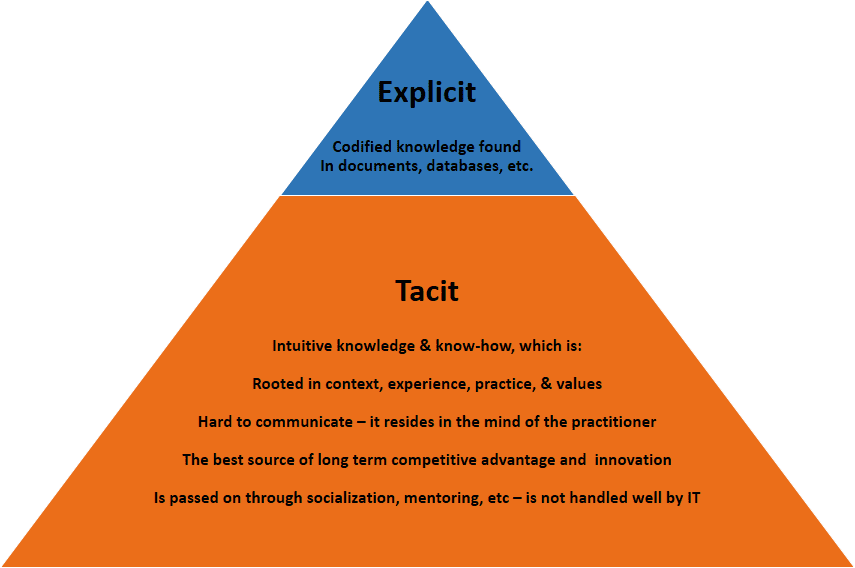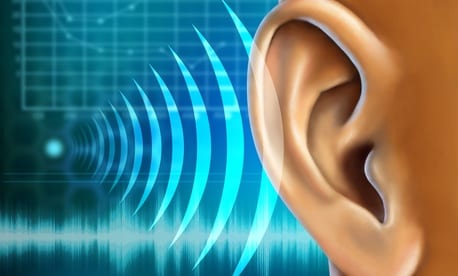Divided Attention Test
In a recent Mental Management of Emergencies program, we were talking about multitasking. During the discussion I explained what happens when a person attempts to multitask the act of paying of attention – which is neurologically impossible by the way. This turned the discussion to a sobriety test administered by police officers called the Divided […]
Divided Attention Test Read More »

